XTRA Lease News
-

Navigating Economic Uncertainty: 4 Ways Trailer Rentals Can Offer Stability
In times of economic uncertainty, transportation companies must be especially agile and adaptable to stay competitive. Here are four ways rental trailers offer stability. -
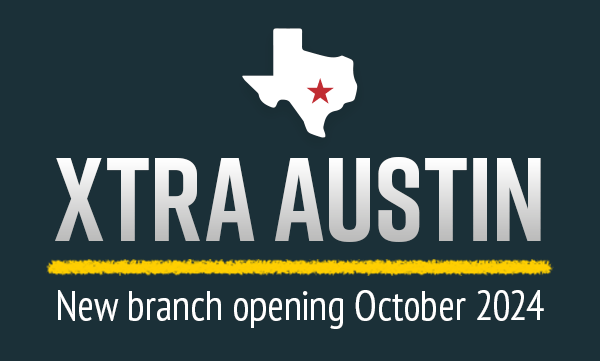
XTRA Lease to Launch New Branch in Austin, Texas
ST. Louis, Mo., September 16, 2024 — XTRA Lease is excited to announce the opening of a new facility in Central Texas, set to begin operations in mid-October. -
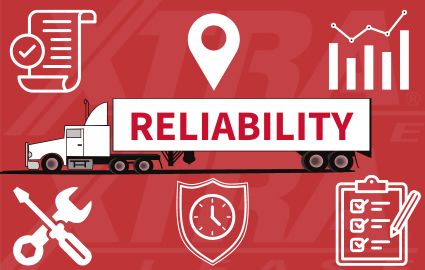
Is Your Trailer Leasing Company Reliable?
Knowing that you can depend on someone to get the job done and get it done right is what our businesses are built on. Not some of the time. Not most of the time. Reliability is getting the job done right every time. -

How Tires Inflate Your Costs
Having properly inflated tires on your semi-trucks and trailers will save your time, headaches, and money. Learn how. -

Hurricane Preparedness: Having Trailers Ready
Get best practices for hurricane preparedness from the industry leader in semi-trailer rentals. -
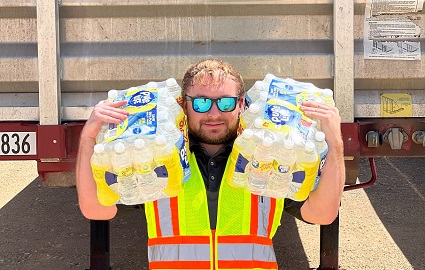
Staying Safe When the Weather's Hot
Working and playing in the heat can sometimes lead to overheating and heat illnesses. Here are some ways to recognize and prevent them. -
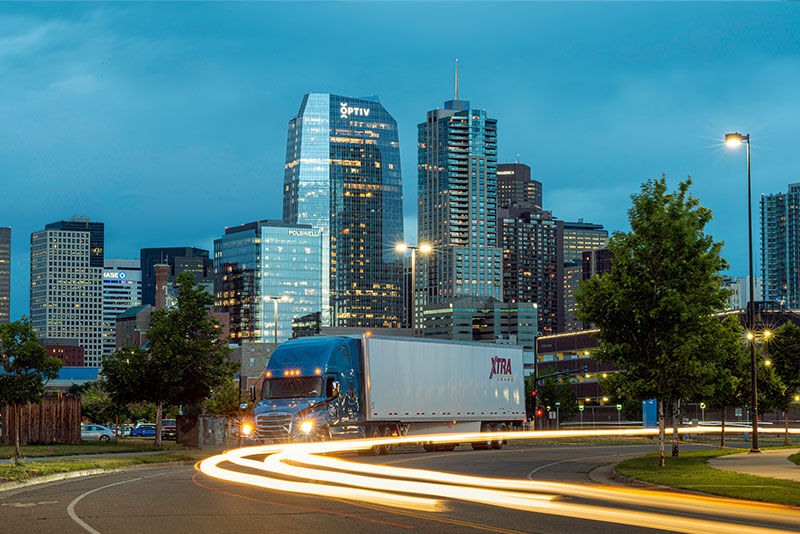
Battling the Capacity Crunch
You're scrambling to meet your customers' needs in this freight market that’s low on equipment and drivers and high in uncertainty. Here's what XTRA Lease is doing to help you respond. -

The Modern Trailer Rental
What does a trailer rental look like today? We've made a huge investment in technology to deliver a better experience for you and your drivers. -
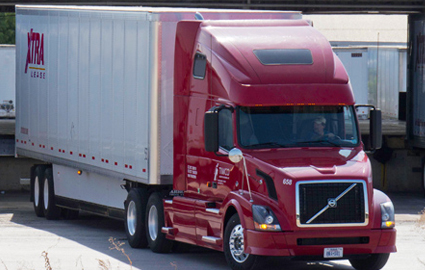
7 Benefits of Real-Time Trailer Tracking
Real-time trailer tracking can tell you when something happens that you need to know about. So when it comes to trailer tracking, don’t just set it and forget it. -
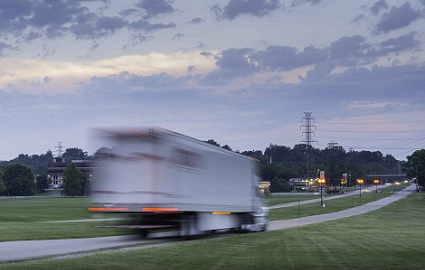
How to Return A Rental Trailer Fast
When the rush is over and you no longer need the extra capacity of the trailers you rented, here's how to return rental trailers fast. -
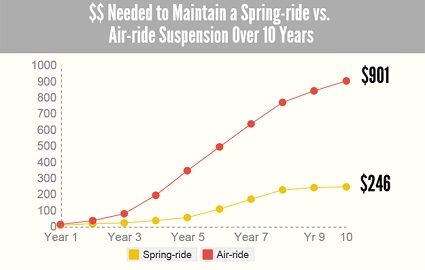
Comparing Maintenance and Costs of Trailer Suspensions
Capital outlay for a new trailer is high enough without the cost of “surprise” maintenance. To shed some light on what you may be getting yourself into when you choose a trailer suspension, we pulled together data on the cost of maintaining spring and air suspensions from online sources, from XTRA Lease customers and from our own fleet records. -
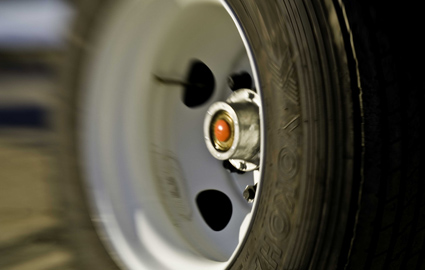
4 Tire Pressure Tips to Keep Air In and Money Out of Your Tires
The pressurized air held by your tires is what supports your cargo. The tire is the container that makes it possible—the high-tech, expensive container that you want to get the most life from. Here are some tips to do just that. -
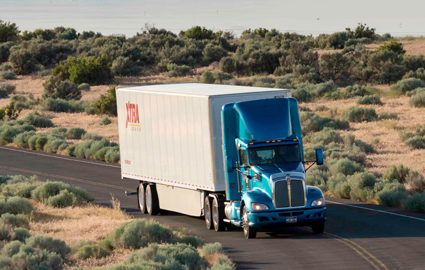
Buying vs Leasing Trailers: Where Will Your Capital Go?
Big question when you’re thinking about buying vs leasing trailers: what do you want to do with your cash? -

4 Ways Trailer Tracking Can Eliminate Driver Misses
See how harmful driver misses are to a carrier's bottom line and how to eliminate them with trailer tracking. -
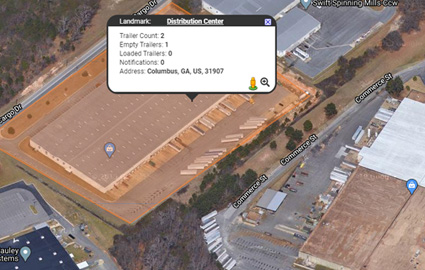
Landmarks = Better Fleet Management
Are you still chasing down trailers? Save those steps for the gym and let modern trailer tracking technology do the work for you. -
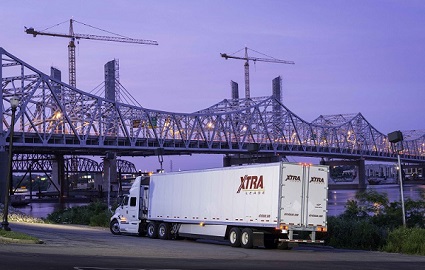
7 Ways Today’s Trailer Tracking Can Increase Your Profit
An idle or misplaced trailer isn't earning you money. Know where your trailers are by using trailer tracking that shows you trailers on the move, when a trailer arrives at or leaves a destination, and where a trailer is at any time. -
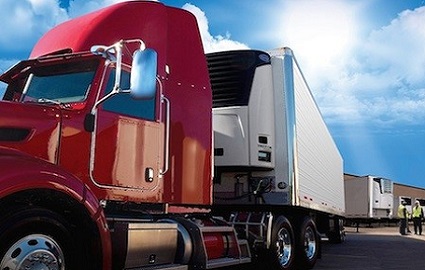
Leased Reefers and FSMA–What’s the Link?
There are advantages to using newer refrigerated trailers and leasing is a great way to add youth to your fleet without a major capital investment. -
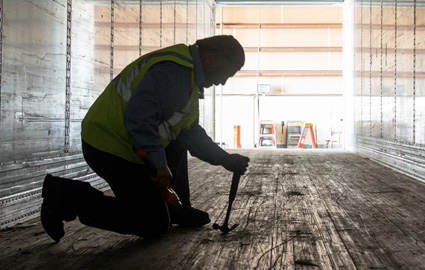
Nuisance Fees: Fair Treatment When You Turn in A Trailer?
Sometimes bills for damage can seem like a thinly veiled attempt to squeeze a few more cents out of a customer. Does your equipment provider do a thorough outbound inspection? Have a no-nuisance-fees policy? Find out before you rent or lease! -
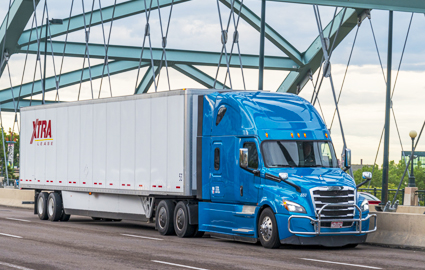
How Do You Rent, Lease, and Own Trailers in an Unpredictable Market?
How do you handle the uncertainties of moving freight in an unpredictable market? You figure out the best combination of owning, leasing, and renting trailers for your business. -
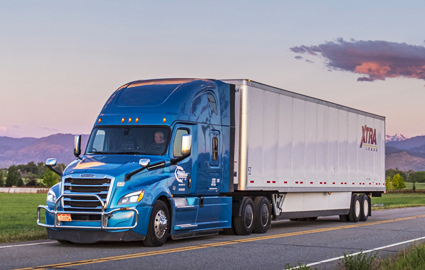
Buying vs. Leasing Trailers: Advantages of Each
Risks in trucking never go away. You have to stop and take a breath every now and then. Think about how you want to improve your business. Weigh the benefits and drawbacks of buying or leasing trailers. Which of those options takes you where you need to go?
Featured News
Tags
- Air Ride (3)
- Buying vs. Leasing Trailers (3)
- Cargo Temperature (3)
- Cargo Theft (2)
- Cargonet (1)
- Credit (1)
- Damage Resistant (3)
- Fleet Equipment (1)
- Fleet Management (3)
- Fleet Technology (3)
- Fuel Savings (1)
- Fuel Savings Calculator (1)
- FWI (1)
- Infographic (1)
- Loading Reefers (2)
- Maintenance Cost (6)
- Maintenance Interval (1)
- New Trailer (3)
- Reefers (2)
- Refrigerated Cargo (3)
- Refrigerated Trailer (3)
- Refrigerated Trailers (2)
- Refrigerated Van (3)
- Spec Philosophy (2)
- Spring Ride (3)
- Suspension (3)
- Tech & Innovation (2)
- Trailer Repairs (3)
- Trailer Spec (5)
- Trailer Suspension (4)
- Trailer Technology (9)
- Trailer Telematics (12)
- Trailer Tracking (12)
- Trailer Tracking Data (8)